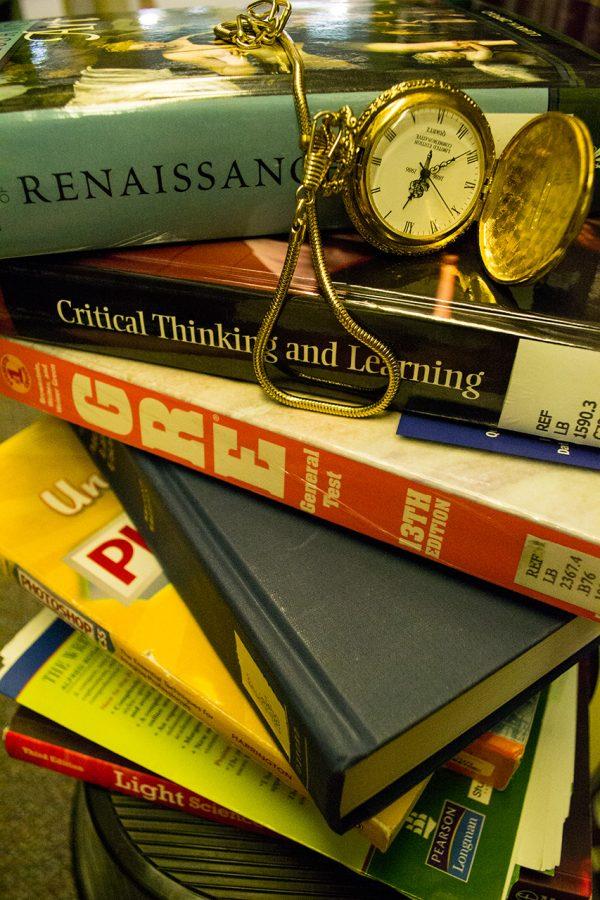Procrastination causes stress for students
September 13, 2012
The challenges that come with starting a new semester at UNA can leave students with poor time management feeling stressed and anxious.
Although a challenging task, finding and maintaining balance in life is critical to happiness. This involves learning to practice effective time management so that important areas of life are not neglected, officials said.
Individuals take different approaches to managing time, procrastination being a common offender, experts said.
UNA psychology professor Ryan Zayac said procrastination is something he has observed at every university he has taught at over the past five years and that it is an easy trap to fall into.
“Procrastination becomes problematic when students turn in an assignments or papers that they waited to work on until the night before and actually receive a good grade,” Zayac said. “What the student has learned is that ‘I can wait until midnight before I have to start writing that 10-page paper.’”
He said students who procrastinate miss the opportunity to ask questions that may help on a future test or to turn in an early draft for feedback.
“Research has shown us that students retain information better when they study material over an amount of time that is spaced out, as opposed to cramming a day or two before a test,” Zayac said
Jordan Campbell, undecided major, said he struggles to balance his daily activities, which include working five days a week, taking classes and being involved in the Christian Student Center.
Campbell said he plans out a guideline for each day.
“Every day I have to make a schedule in my mind at what time I’m going to do this,” Campbell said. “I’ll write it down if it’s really important, or I’ll set an alarm on my phone.”
Campbell said he does not consider himself a procrastinator.
“I push things back and then when I realize when it’s due, it drives me to do it more,” he said.
Campbell said if he does get a chance to start his work early, then his work will turn out a lot better.
“If I wait until the last minute to do it, the possibility of mistakes is much larger than if I allow myself time,” he said.
Dusty Talley, biology major, said he works all of the time and does not struggle to manage his daily activities. Talley procrastinates depending on the task.
“If it’s a project or something I need to work on for my truck or for my family, I don’t procrastinate, but I procrastinate doing homework,” Talley said.
Talley said he is not as bad about procrastination as he used to be.
“Procrastinating is stressful because you stay up late and sometimes your work suffers,” Talley said. “Some people say procrastinating is helpful because they work better under pressure, but if you can work well under pressure, then you can work well anytime. You just need to focus.
“The biggest tip I could give anybody coming into college would be to work just a little bit each day on a project or homework that’s due, and you’d be surprised how much gets done. You will have time to review, your grade will improve and you’ll have a better understanding of the material,” he said.
Zayac said that rather than studying for one extensive session, students should study for shorter periods of time, more frequently.
“If you try to study for several hours at a time or say that you’re going to write eight to 10 pages in one sitting, it can become too effortful and eventually so aversive to you that you avoid these activities until the last possible moment,” he said.












